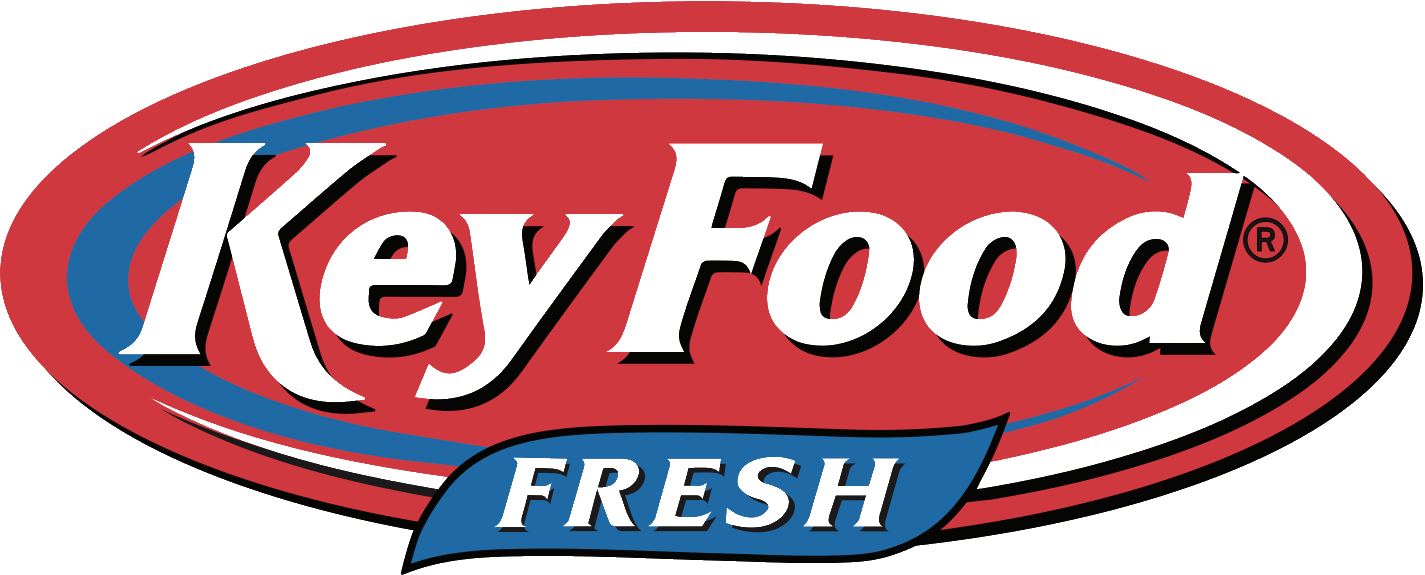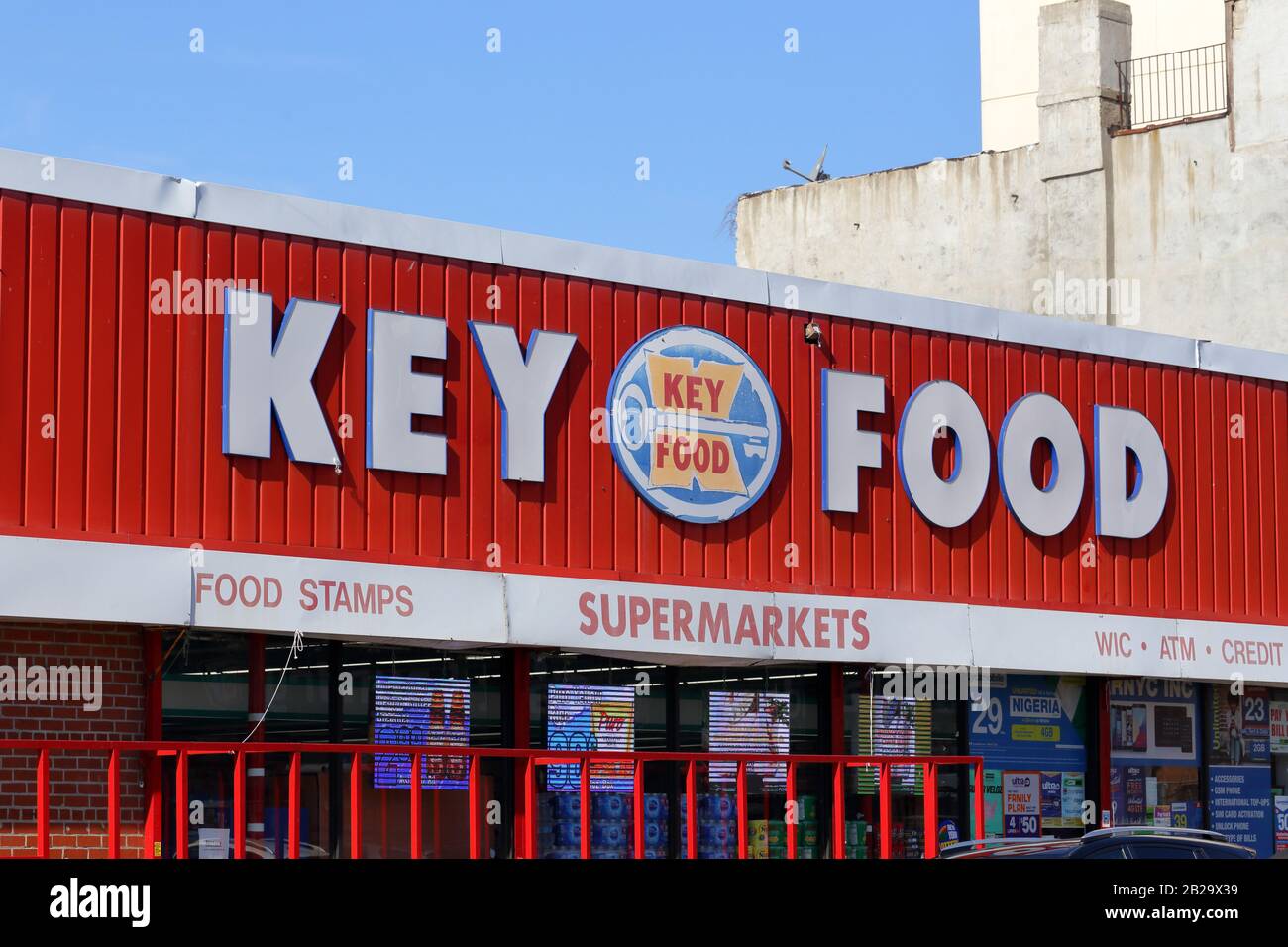Step into the world of key food supermarkets, where the boundaries of grocery shopping are redefined. These retail giants have captured a significant market share, leaving an undeniable mark on the industry. From their vast product offerings to innovative customer loyalty programs, key food supermarkets have revolutionized the way we purchase our daily essentials.
Join us as we delve into the captivating realm of these supermarket powerhouses, exploring their strategies, innovations, and the impact they have on our shopping habits.
In this comprehensive guide, we’ll navigate the aisles of key food supermarkets, uncovering the secrets behind their success and examining the trends shaping their future. Get ready to gain valuable insights into the inner workings of these retail behemoths and discover how they continue to dominate the industry.
Market Share and Presence: Key Food Supermarkets
Key food supermarkets hold a significant market share in the industry, dominating the retail landscape. The market share distribution varies across regions, with certain players establishing strong footholds in specific geographical areas.
Geographical Presence and Distribution, Key food supermarkets
- Supermarket chains have expanded their presence across multiple countries and regions, establishing a wide distribution network.
- Geographical presence plays a crucial role in capturing market share, as proximity to consumers drives store visits and sales.
- Supermarkets strategically locate their stores in densely populated areas, near residential neighborhoods, and along major transportation routes.
Factors Contributing to Market Dominance
- Brand Recognition:Established supermarkets have built strong brand identities, earning consumer trust and loyalty.
- Extensive Product Offerings:Supermarkets offer a comprehensive range of products, including groceries, household items, and fresh produce, catering to diverse consumer needs.
- Competitive Pricing:Supermarkets employ various pricing strategies, including discounts, loyalty programs, and bulk purchasing, to attract price-sensitive consumers.
- Convenience:Supermarkets provide convenient shopping experiences, with extended hours, self-checkout options, and online ordering and delivery services.
- Expansion Strategies:Supermarkets continuously expand their operations through new store openings, acquisitions, and partnerships, increasing their market reach.
Product Offerings and Assortment

Key food supermarkets differentiate themselves through their product range and assortment. They offer a wide variety of products, including fresh produce, meat, seafood, dairy, bakery, and grocery items.
If you’re a fan of baking, you’ll want to check out the selection of angel food cake pans at Key Food Supermarkets. They have a wide variety of sizes and shapes to choose from, so you can find the perfect pan for your next baking project.
Key Food Supermarkets also has a great selection of other baking supplies, so you can find everything you need to make your next cake or pie a success.
To stand out, supermarkets employ various strategies, such as:
- Curated Collections:Offering specialized or niche products that cater to specific customer segments, such as organic, gluten-free, or international cuisine.
- Private Label Brands:Developing their own brands to offer unique products at competitive prices, often with higher profit margins.
- Exclusive Partnerships:Partnering with local producers or artisans to offer exclusive products not available elsewhere.
- Seasonal and Holiday Offerings:Adjusting product assortments to align with seasonal trends and holidays, providing customers with relevant and timely options.
Private Label Brands and Customer Loyalty
Private label brands play a crucial role in customer loyalty. They offer several advantages to supermarkets:
- Higher Profit Margins:Supermarkets have greater control over production and distribution, resulting in increased profitability.
- Brand Loyalty:Private label brands create a sense of loyalty among customers who prefer specific products or brands offered exclusively by a particular supermarket.
- Product Differentiation:Private label brands allow supermarkets to differentiate their offerings from competitors and cater to specific customer needs.
Customer Service and Loyalty Programs

Key food supermarkets recognize the importance of customer service and loyalty programs in fostering long-term relationships with their shoppers. These initiatives aim to enhance customer satisfaction, increase retention, and drive brand loyalty.
Many supermarkets have implemented comprehensive customer service programs that include:
- Dedicated customer service desks for assistance and inquiries
- Trained staff to provide personalized and prompt support
- Online and mobile support channels for convenient access
- Feedback mechanisms to gather customer insights and address concerns
Loyalty Programs
Loyalty programs play a crucial role in building customer loyalty. These programs offer rewards, discounts, and exclusive benefits to repeat customers, encouraging them to make repeat purchases and stay engaged with the brand.
- Points-based systems: Customers earn points for every purchase, which can be redeemed for discounts, free items, or other rewards.
- Tiered programs: Customers are assigned to different tiers based on their spending habits, unlocking exclusive benefits and rewards as they move up the tiers.
- Personalized offers: Loyalty programs often provide personalized offers and recommendations based on customer purchase history and preferences.
Technology in Customer Experience
Technology has become an integral part of enhancing customer experiences and building brand loyalty in the supermarket industry.
- Mobile apps: Supermarkets offer mobile apps that allow customers to access loyalty programs, browse products, create shopping lists, and receive personalized offers.
- Self-checkout kiosks: Self-checkout kiosks provide a convenient and efficient way for customers to complete their purchases, reducing wait times and improving overall satisfaction.
- Online ordering and delivery: Online ordering and delivery services offer convenience and flexibility to customers, allowing them to shop from home or work and have their groceries delivered to their doorstep.
Outcome Summary
As we conclude our journey into the world of key food supermarkets, it’s evident that these retail giants will continue to play a pivotal role in shaping the grocery shopping landscape. Their relentless pursuit of innovation, customer satisfaction, and sustainability ensures their enduring dominance.
As consumer preferences evolve and technology advances, key food supermarkets stand poised to adapt and thrive, remaining at the forefront of the industry for years to come.
We hope this comprehensive overview has shed light on the intricacies of key food supermarkets and their impact on our daily lives. May this newfound knowledge empower you to make informed choices and navigate the supermarket aisles with greater understanding and appreciation.
